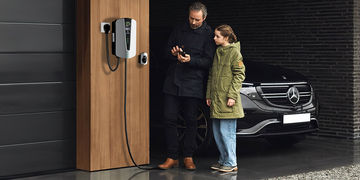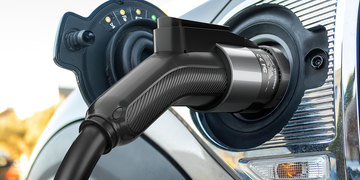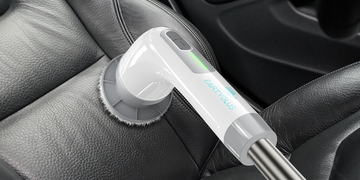Do electric vehicles require dedicated chargers? If you work from home, or your commute is very short, you might be fine with simply charging on your 110 volt or 120 volt outlets at home. If you have a longer commute or need to regularly drive long distances, then you will want to install a dedicated 240 volt EV charger at home.
Understanding the charging infrastructure is crucial for those considering the switch to electric mobility. In this article, we explore the question: Do electric vehicles require dedicated chargers?
The Basics of Electric Vehicle Charging:
Electric vehicles, unlike traditional cars, rely on electric power stored in rechargeable batteries. Charging an EV involves transferring electrical energy to the vehicle's battery to ensure it has sufficient power for driving. While some EVs can be charged using a standard household outlet, the need for dedicated chargers depends on various factors.
Types of Chargers:
Standard Household Outlets:
Many electric vehicles come with a charging cable that can be plugged into a standard household outlet (Level 1 charger).
While convenient, the charging speed is relatively slow, making it suitable for overnight charging.
Level 2 Chargers:
These chargers operate at 240 volts and are commonly found in public charging stations and residential settings.
They offer a faster charging rate compared to standard outlets and are suitable for daily charging needs.

DC Fast Chargers:
High-powered chargers designed for rapid charging in commercial locations.
These chargers use direct current (DC) and can charge an EV to 80% or more in a short time, making them ideal for long-distance travel.
Factors Influencing the Need for Dedicated Chargers:
Daily Charging Requirements:
For individuals with daily commuting needs, a Level 2 charger at home can provide the convenience of faster charging, eliminating the need for frequent visits to public charging stations.
Long-Distance Travel:
Dedicated chargers, especially DC fast chargers, become crucial for long-distance travel, reducing charging time during pit stops.
Addressing Range Anxiety:
Having a dedicated charger at home or work helps alleviate range anxiety, providing EV owners with a reliable and accessible charging solution.
Charging Speed and Efficiency:
While standard outlets can suffice for some users, those looking for faster charging speeds and greater efficiency may opt for dedicated Level 2 chargers.
Do electric vehicles require dedicated chargers? The need for dedicated chargers in electric vehicles depends on individual circumstances and preferences. While standard household outlets can serve the purpose for some, others may find the convenience and efficiency of dedicated chargers, especially Level 2 or DC fast chargers, more appealing. As the electric vehicle infrastructure continues to evolve, the availability of charging options is expanding, making it easier for EV owners to find solutions that suit their specific charging needs. Ultimately, the decision to invest in a dedicated charger depends on factors such as daily usage patterns, travel requirements, and personal preferences.





